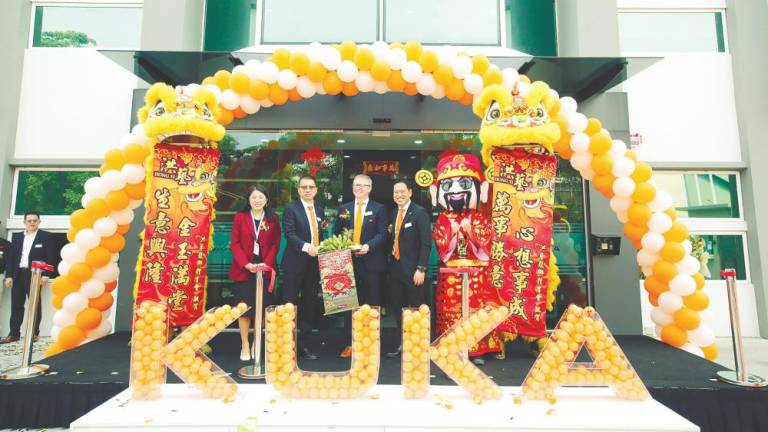KUALA LUMPUR: Prime office rents in the Asia-Pacific are seeing sustained recovery, judging from the report for the first quarter 2022 (Q1’22) by independent global property consultancy Knight Frank.
In its Asia-Pacific Prime Office Rental Index for Q1’22, the index is up 0.8% quarter-on-quarter (q-o-q), after rising by 0.3% in the preceding quarter. This indicates that the economic recovery is sustained from Q4’21 despite a turbulent first quarter with accelerating inflation and the Russian invasion of Ukraine weighing down on market sentiment. The overall index is up 0.2% year-on-year.
Vacancy remains elevated at 13.1%, similar to that of Q4’21. This should start to reduce as more Asia-Pacific markets start to open their economies and tenants in the technology industry continue to seize opportunities for premium quality spaces in the central business district at low rents.
Of the 23 cities tracked by the index, 21 of them recorded stable or increased rents this past quarter compared with 13 in the previous quarter.
Shanghai recorded the highest y-o-y increase in Q1’22 at 4.2% among the cities tracked by the index, while Shenzhen continued its decline trend by 4.5% y-o-y for the same period.
On a quarterly basis, Bengaluru saw rent increasing by 5.8%, accelerating from the 1% q-o-q improvement the quarter prior.
The index has started tracking Ho Chi Minh City from Q1’22 onwards. Rent grew 0.7% q-o-q and stayed flat on a yearly basis.
“The pace of recovery in the office sector will continue to pick up this year in tandem with the uptick in economic activities and improved business sentiments. Demand for space is expected to increase with more workers returning to the office and as organizations firm up their physical workplace planning. Endemic trends indicate that organisations opting for hybrid work models are likely to see several advantages, hence having good infrastructure and facilities to support the new way of working is crucial,” according to Knight Frank Malaysia executive director of office strategy and solutions Teh Young Khean.
Knight Frank Malaysia executive director of research and consultancy Judy Ong said: “The office market, however remains tenant-led as existing and incoming supply continue to outpace demand. An estimated 495,850 sq m of space is scheduled to enter the Kuala Lumpur market by the end of 2022 and this will continue to exert pressure on rentals. Notable upcoming completions include Merdeka 118 Tower, PNB 1194, Felcra Tower, Aspire Tower @ KL Eco City and The MET Corporate Towers.”
“Optimism at the start of the year was tempered by multiple resurgences of Covid-19 which resulted in Hong Kong and several tier-1 Chinese mainland markets retightening movement restrictions. The sustained economic recovery post-Covid in the region is also challenged by the Russia-Ukraine war which led to the surge in energy prices and inflationary pressure. As such, the growth forecasts for the region could be lower than what have been projected.
“Nevertheless, the Asia-Pacific market is not as directly impacted by the macroeconomic uncertainties as other regions. Particularly in countries where there is sustained optimism over re-opening, corporates are choosing to take more decisive leasing decisions in view of the rising material costs and construction delays,” said Knight Frank global head of occupier strategy and solutions Tim Armstrong.
“There are still mixed signals particularly in developing countries where office leasing demand is still in a state of flux. As economic recoveries hinge significantly on foreign direct investments, the macroeconomic environment now is making things more unpredictable than ever before. Nevertheless, the drop in rents during the entire pandemic were not as deep compared to previous crises, and we also do not expect supply-side pressure on both rents and occupancies in the coming quarters in the Asia-Pacific.
“With hybrid working being the way forward, occupiers are likely not over-committing to space the way they did in the past, which could modestly support stable leasing demand in markets that are already out of the woods,” said Knight Frank Asia-Pacific head of research Christine Li.













